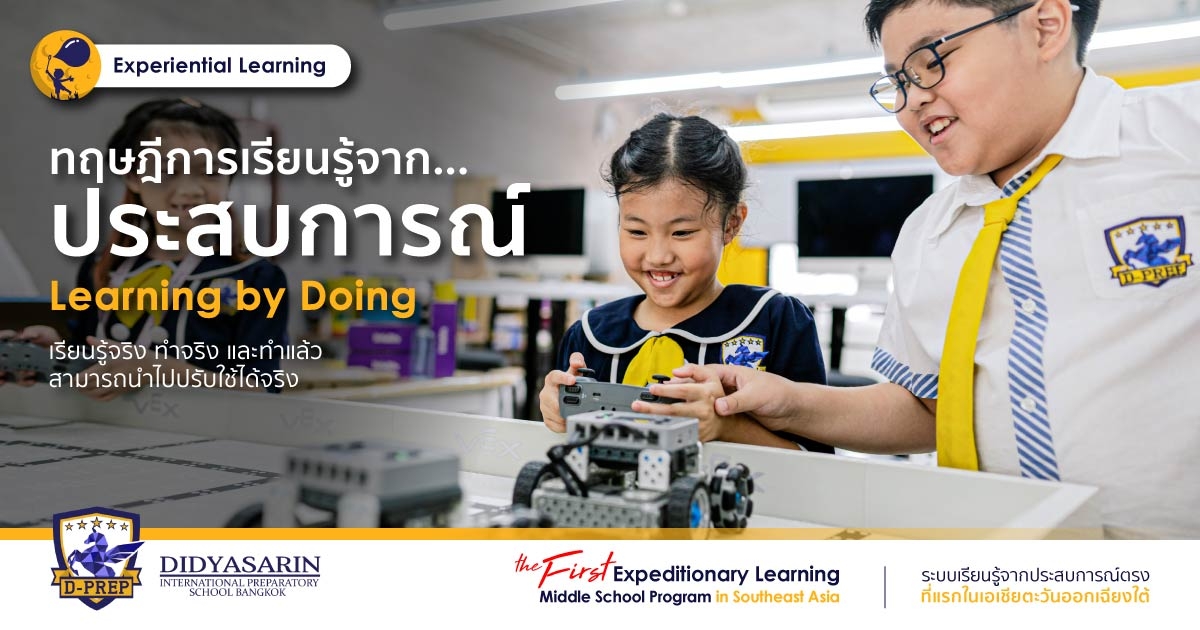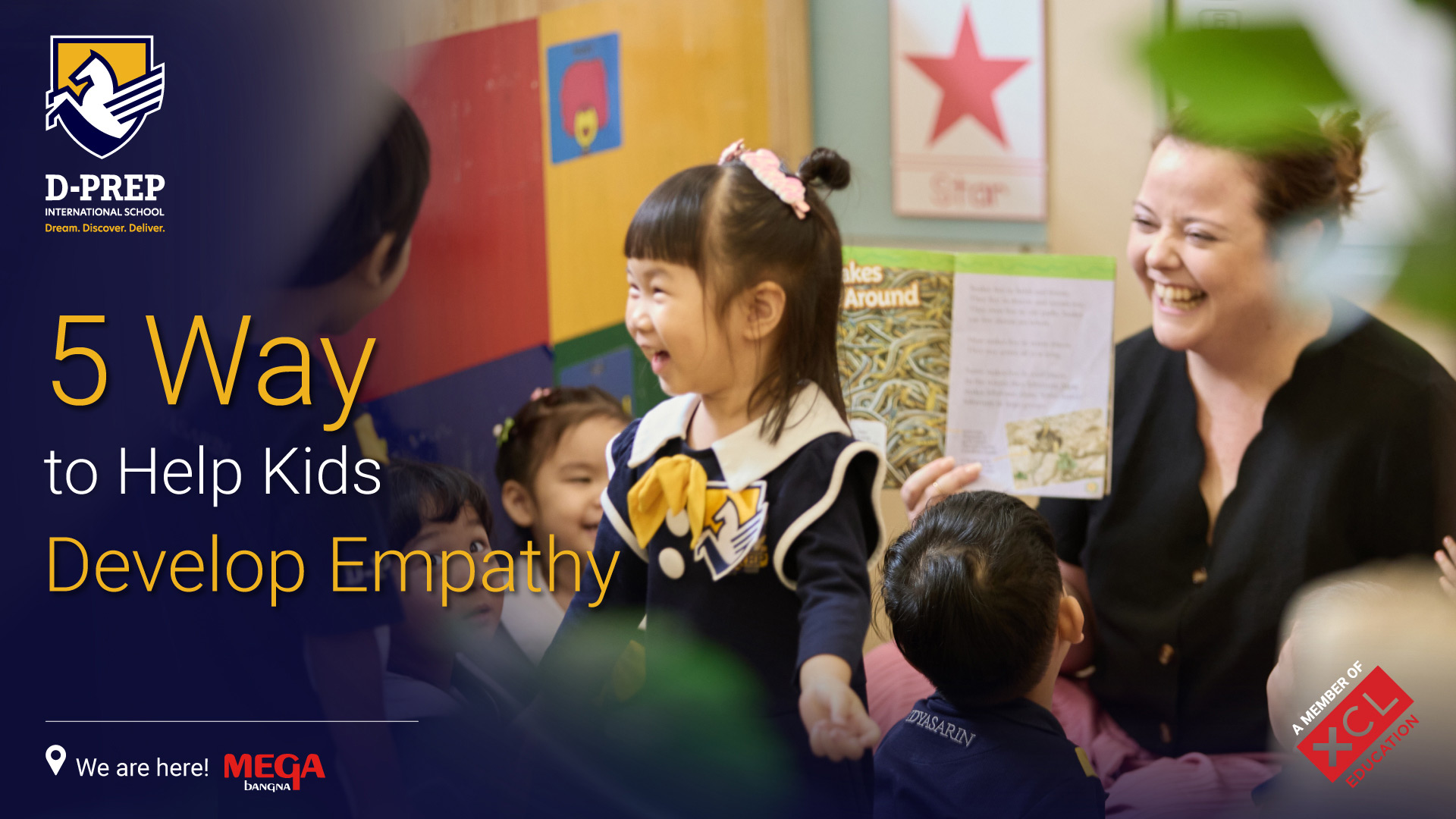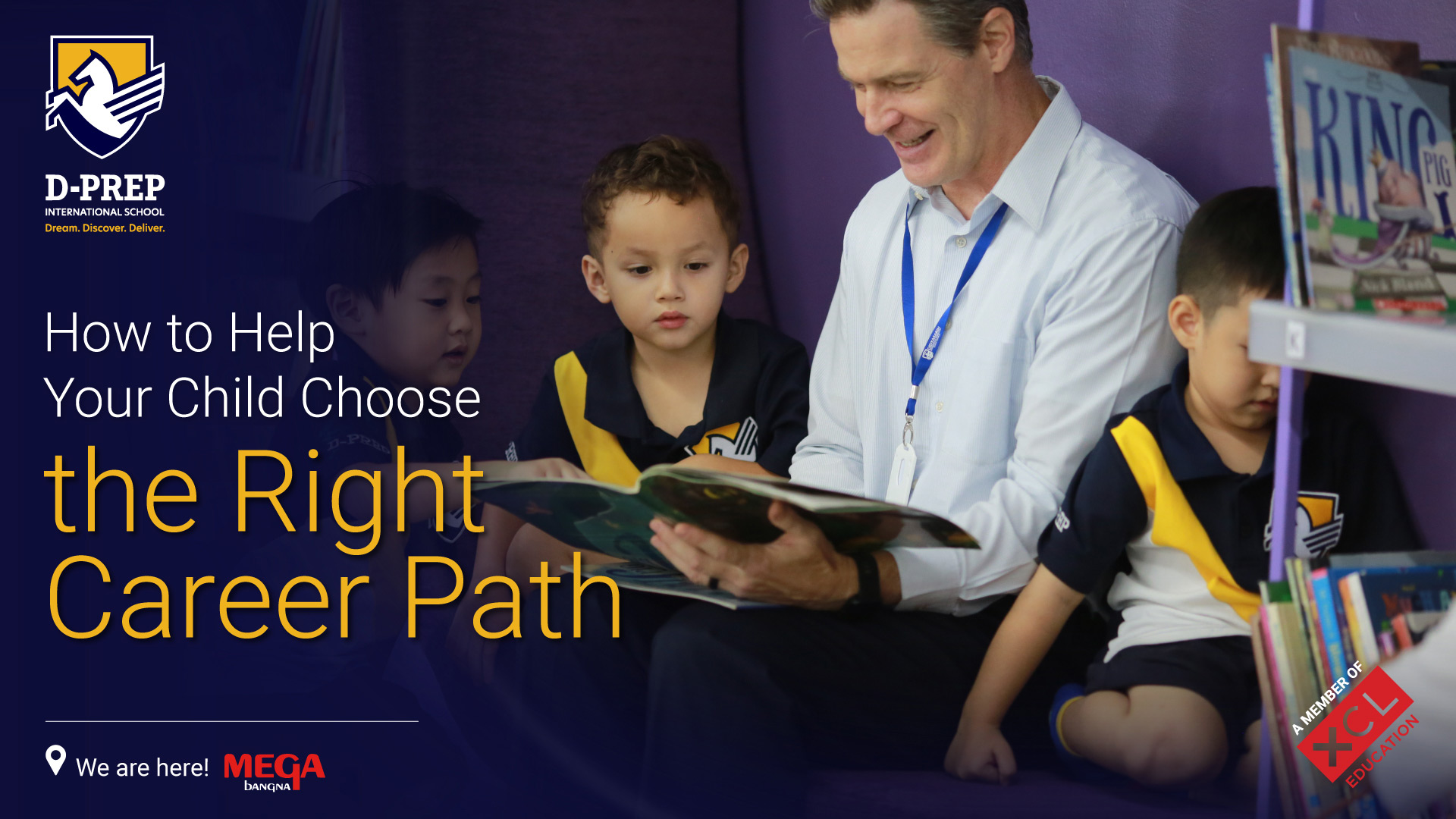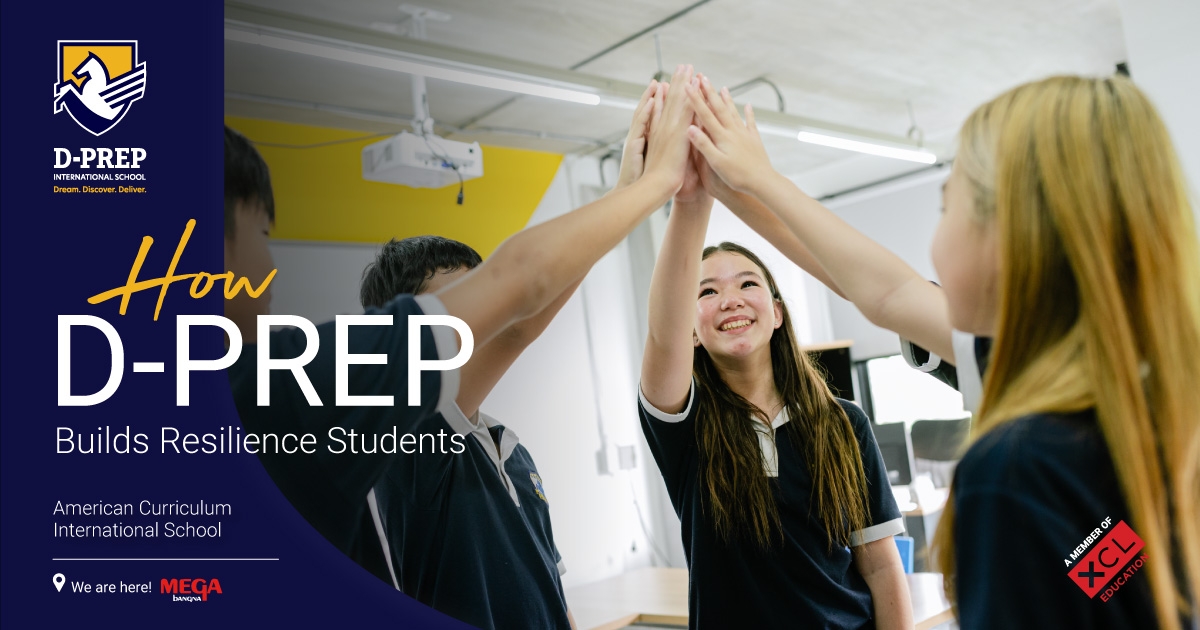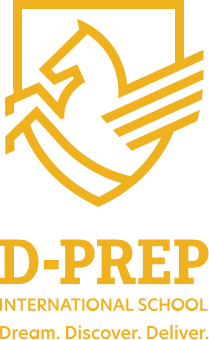“Experience is the best way to develop important life skills.”
What is Experiential Learning?
Experiential learning was developed by educational theorist David A. Kolb and is presented as the theory of learning from experience or Experiential Learning Theory (ELT).
Experiential Learning or learning by doing is a process that looks into what one has learned from the past to build on new skills in the future.
It gives children the opportunity to learn from their experiences and develop necessary life skills such as creativity, short-term and long-term problem-solving, critical thinking, and the courage to stand out and explore new things without fear of failure. Experiential learning also teaches students the value of teamwork and collaboration with others, like their classmates, teachers, and other community members. Furthermore, this type of learning develops students’ empathy to understand the needs of others and start innovative projects that will help the community at large.
4 Stages of Experiential Learning
An individual learner, according to David Kolb, goes through a spiral of experiences that are then absorbed and connected to previous understanding, which contributes to a person’s overall wealth of knowledge. This cycle of experiential learning has four stages:
- Concrete Experience
The concrete experience involves learning through direct experience, often in a real-world setting. This could include things like working on a team project, participating in a hands-on training session, or engaging in physical activity.
During the concrete experience stage, learners focus on observing and experiencing what is happening around them without necessarily trying to analyze or interpret the experience. - Reflective Observation:
Reflective observation involves stepping back and analyzing the experience and looking at it from different angles and perspectives. This could include things like reviewing notes, discussing the experience with others, or simply taking time to think about what happened.
During this stage, learners may try to identify patterns, connect their experiences and previous knowledge, and explore the meaning and implications of what they have learned. - Abstract Conceptualization
The abstract conceptualization stage is when learners take observations and reflections from the previous stage, reflective observation, and use them to develop theories or concepts that can explain or predict what happened.
This could include things like creating a model or framework to explain a particular phenomenon or developing a set of principles or guidelines for how to approach similar situations in the future. The goal of this stage is to create a conceptual framework that can guide future action and help learners better understand the world around them. - Active Experimentation
Active experimentation happens after abstract conceptualization when learners put what they’ve learned into practice in the real world. This could include trying out a new approach to problem-solving, applying a set of principles or guidelines to a particular situation, or testing a new hypothesis.
In this stage, learners may encounter new challenges or obstacles, which can lead to further learning and refinement of their ideas. They may also receive feedback from others, which can help them better understand the effectiveness of this approach and make adjustments as needed.
Learning can happen all the time. Adopting the Experiential Learning Cycle in teaching and learning is important for today’s students because it will help foster a learning process from real experiences through analyzing, crystallizing, and developing new knowledge.
Aligning experiential learning with D-PREP’s curriculum
We believe that all children have the potential to become successful through proper guidance. D-PREP brings the best courses from all over the world to create an excellent teaching and learning system in this modern era.
At D-PREP, we believe that every child has potential. We use the best curriculums available such as the International Baccalaureate Program (IB) and Expeditionary Learning Approach (EL), which are accredited by the Thai Ministry of Education, ISAT, ONESQA, IB Primary Years Program, Ontario, and more. We have adopted several unique principles in our curriculum, such as:
- Play-based learning
At the pre-kindergarten and kindergarten levels, D-PREP has designed the curriculum to have a learning atmosphere that focuses on play-based learning (using play as a learning medium). Play-based learning encourages toddlers to observe and interact with their learning environment, which gives them the freedom to move around and choose how they want to learn.
D-PREP’s play-based learning also requires cooperation, communication, and problem-solving, which can help children think outside the box and develop social skills. Because of its flexible nature, D-PREP’s play-based learning allows students to enjoy experimenting with things around themselves and foster a love of learning in children that can last a lifetime. - Expeditionary learning
D-PREP’s Middle School curriculum focuses on Expeditionary Learning (EL) approach. We are also the first school in Southeast Asia to implement this curriculum for secondary school students. EL emphasizes experiential learning through research, experimentation, and the design of high-quality products that can allow students to participate in solving problems on topics of their own interest.
Students are also encouraged to use their skills to create solutions to help their communities.
D-PREP’s EL approach also integrates deep learning as it encourages students to participate actively in their education. They are encouraged to take ownership of their learning and apply it in real-world contexts. Another benefit to the EL approach is improved critical thinking skills as it requires students to use higher-order thinking skills, such as analysis, synthesis, and evaluation, to solve complex problems and complete projects.
Lastly, the EL approach provides real-world relevance. It is designed to connect with real-world issues and problems, helping students to see the relevance of what they are learning and motivating them to apply their skills and knowledge to real-world contexts.
D-PREP’s aim in choosing play-based learning and the expeditionary learning approach is to help encourage children of different ages to actively participate in their own learning and discover their true potential. These powerful approaches to education can help prepare students for success in college, career, and life.
If you are interested in visiting the school, please contact
Address :
D-PREP International School
38, 38/1-3, 39, Moo 6,
Bangna Trad Rd., Km. 8,
Bang Kaeo, Bang Phli District,
Samut Prakan, Thailand 10540
Email: info@didyasarin
Google Map: https://info.dprep.ac.th/directions
Tel: 02-105-1757, 082-1515922
Website : www.dprep.ac.th
Facebook: DprepSchool
Line: @d-prep
IG : @dprepschool

